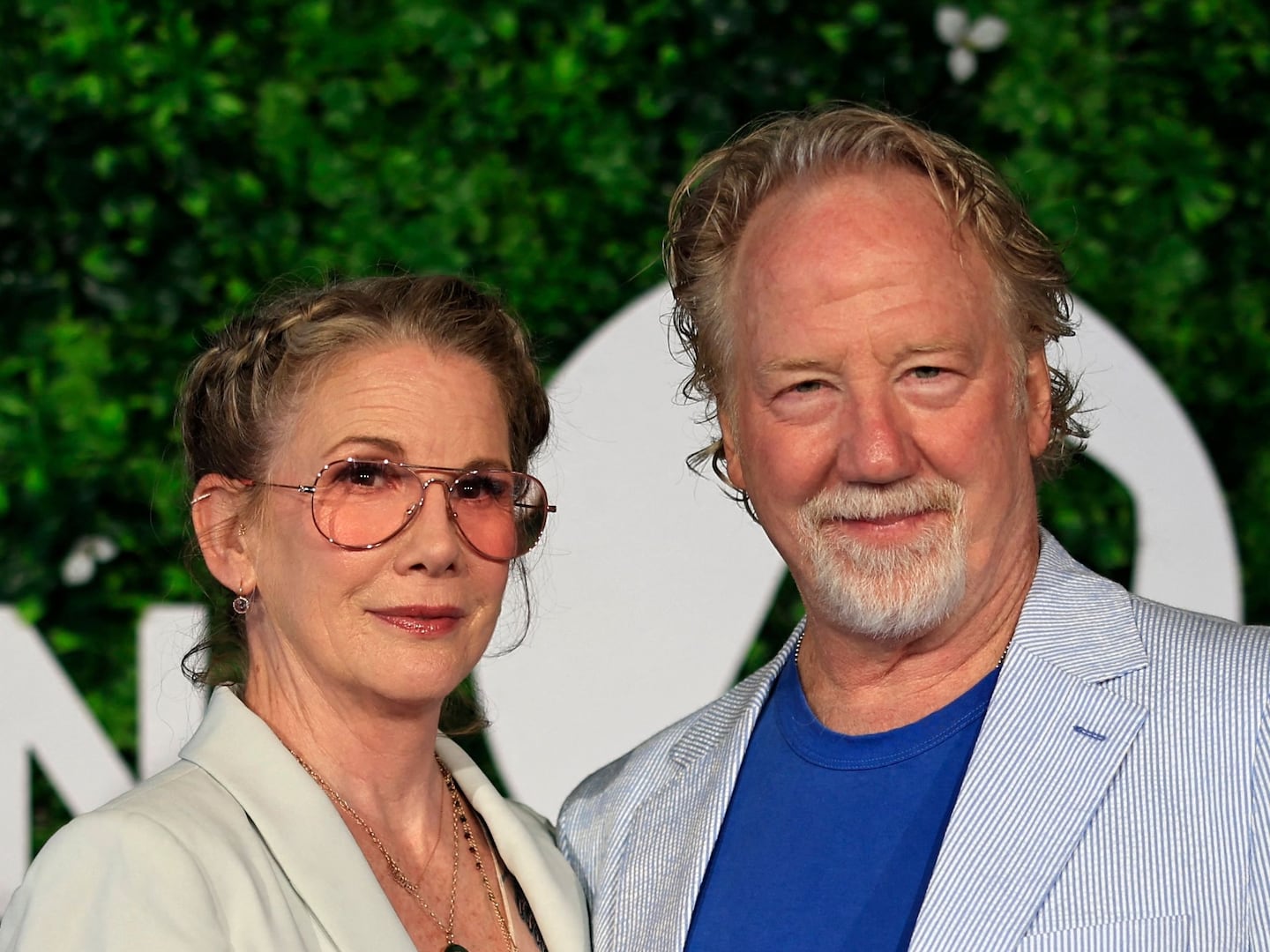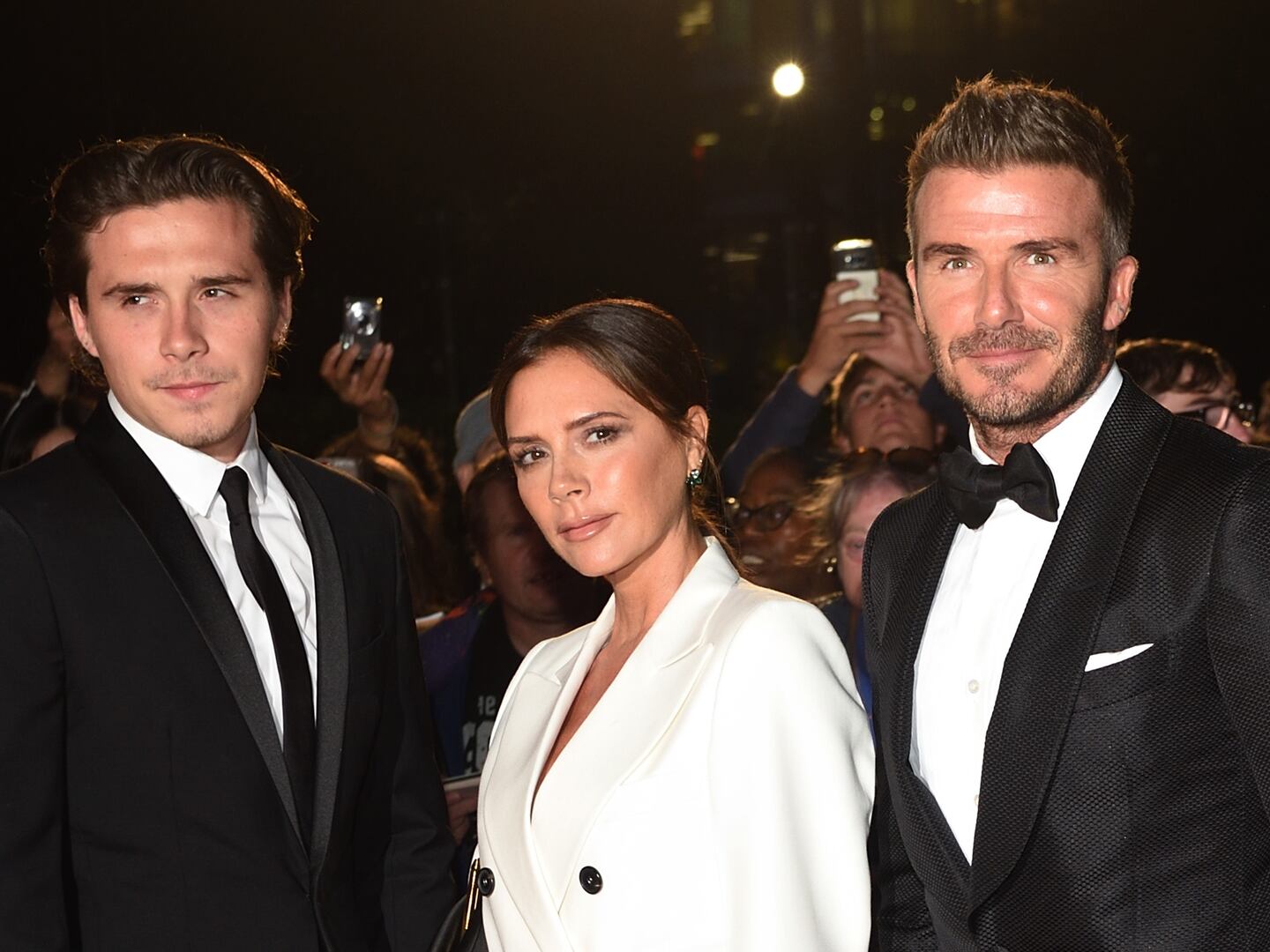Whether or not we realized it, most of us have gone through a version of casual therapy since childhood—albeit, through a comic strip.
If you’re a fan of Charles Schulz’s iconic Peanuts comic strip and the countless animated specials it inspired, you’ve gone on a lifelong journey of learning about yourself through his indelible characters. Peanuts began in 1950, meaning that generations of people have had miniature epiphanies about both themselves and human behavior, depending on which character they most related to at any point—or, perhaps more tellingly, which they felt most badly for.
Many of us have gone through a period, when watching Charlie Brown’s exasperation grow as his best intentions go underappreciated by those he loves, that we felt seen. Or maybe it was Linus’ constant tension between deep-thinking, extreme maturity and the desire to latch on to the juvenile comforts of youth (like a security blanket) that resonated. We’ve been attention-seeking Sally, demanding Lucy, happy-go-lucky tomboy Peppermint Patty, or messy-yet-confident Pig-Pen.
But what does it say about you if the character you’ve always related to the most is Marcie?
Marcie fans are getting their moment in the sun—thought that’s not a place we nor Marcie would ever want to be—with the new Apple TV+ animated special One-of-a-Kind Marcie, premiering Friday. The special thrusts the character, always content being in the background, into the spotlight. It’s part of the streamer’s Snoopy Presents series, which gives, often for the first time, a deep-dive into some of the favorite supporting Peanuts characters’ lives and personalities.
Through the comic strips and past films, we know Marcie as the humble genius who works in service of others, particularly her best friend Peppermint Patty—for whom Marcie’s devotion is so loyal she calls her “Sir.” There’s a surprising, refreshing revelation for Marcie fans in One-of-a-Kind Marcie: She doesn’t resent her life in the shadows; in fact, she loves it.
In the special, she’s Peppermint Patty’s caddy, key to what looks like a championship-winning golf season. There are several fiascos at school that are irritating her friends—the hallways have traffic jams; the cafeteria keeps running out of pizza—that Marcie devises perfect solutions to. The issue is getting people to listen to her ideas.
When the students catch wise that it’s Marcie who’s solving all their problems, they vote her class president, a level of attention and expectation that sends her into an anxiety spiral. It’s a beautiful, astoundingly human portrait of how a person’s shyness doesn’t negate their brilliance, validating the nervousness and panic a person may feel when expectations overwhelm what they feel capable of giving.
One-of-a-Kind Marcie celebrates those who bring so much value to the table, without ever feeling the need to dominate it. To understand what it is about Marcie that longtime Peanuts lovers gravitate towards, the lessons we can learn from her, and the lasting impact of Peanuts, we talked to executive producer Craig Schulz (son of Charles) and director Raymond S. Persi (who joined us mid-conversation). Marcie Hive, rise!

What do you think it is that endears Marcie to so many Peanuts fans?
Schulz: I find her interesting because, for me, she represents—and this was what the film was all about—all those people that do all the work in the background. I use an example of a celebrity. The celebrities get all the attention, but when you turn the camera around and look in the background, you see dozens and dozens of people doing their production to make that celebrity who they are. We thought, “Wouldn’t it be nice to highlight that?” Because there are so many kids and people around the world that do all the work and get no accolades for it.
I think so many of us are conditioned to enjoy—or are at least attracted to—the larger-than-life, exaggerated, flashy characters, especially in comics and animation. But it’s so interesting that people have a soft sport for Marcie, because she’s not brash or loud. She’s understated and calm.
Schulz: She was such a fun character for my dad to work with. Peppermint Patty had come out probably five years before Marcie entered the scene [in 1971]. The real Marcie was a friend of the family, which was who my dad got the name from. But I think he enjoyed having that pair working together, like so many great pairs in history and Hollywood: Dean Martin and Jerry Lewis, or Andy Taylor and Barney Fife.
What was it about Marcie you were most excited to delve into with a special focused solely on her?
Schulz: It really goes back to the theme of the specials. This is the fifth in a series. We started to realize that the fans really want to know more about the background characters. We know a lot about Charlie Brown and Snoopy and Lucy and Linus, but we wanted to delve into what the other characters bring. We highlighted Sally in It’s the Small Things, Charlie Brown and Peppermint Patty in To Mom (and Dad), With Love. We tell the whole background story of Peppermint Patty not having a mother.

I found it really sweet that, even though Marcie is quiet and meek, we learn that people really respect the work she does. Her worth isn’t entirely ignored, just because she doesn’t like being in the spotlight.
Schulz: The original idea I was exploring, again, was these people in the background. They really don't get recognized. For me, the classic one is really the golf caddy. You look at golfers, and they are making millions and millions of dollars. The caddy is doing all the work. He’s out there in the middle of night measuring the greens and doing all these things, and they get their 10 percent. But in the meantime, they’re away from their family for months at a time. They don’t get any credit whatsoever. So we wanted to expand upon that.
And being a caddy is just one of the examples of that with Marcie. It’s something important she does that people may not realize.
Schulz: We took Marcie’s character and said, well, yes, she is a caddy. We know that from the comic strip. But what we don’t see is the stuff she presents in the school. She wants to be doing great things for people, but she doesn’t want the spotlight shined on her. And it isn’t until she is unwittingly voted class president that she starts to panic because, “I didn’t sign up for this. I’m glad to help everybody, but I don’t want to be the one in the spotlight.” Her character is a really helpful, kind person with all these hidden talents, but she doesn't want everybody to know about it.
I don’t know if this is because my perspective has changed from being older or if there was actually an evolution in Peanuts over the years. But I remember that, when I was younger, I sometimes wondered if Peppermint Patty was taking advantage of Marcie, or if she was being bullied, because Patty could be so demanding. But here, we really see that Patty values Marcie’s friendship and support. Is that something that has changed?

Schulz: It’s a little of both. If you go back to the comic strip, you’ll find that in the 1960s, my dad was getting a lot of his ideas through watching his children grow up. In the 1970s and ’80s, the comic strip softened, and it was more of a philosophical look at life. What he was observing, because by then his kids were grown and it wasn’t so much of that basic slapstick, was kids being mean to each other. He wondered, how do they deal with that? When we were writing this, we didn’t want to be like it would have been in the 1960s.
In what way?
Schulz: That’s why we have that revelation [of their friendship] being what it is, because I think it’s nice that Marcie is really just supportive of Peppermint Patty, at all costs. I think Peppermint Patty appreciates her, but you have to remember that Peppermint Patty is a D-minus person. She really doesn't pay attention. She has no idea what Marcie is doing to help her in the background. She knows she’s helping her, but she’s also one of those people who goes along like, “The caddy doesn’t do anything but carry the clubs.” That’s all she thinks that a caddy does. But she learns her lesson along the way.
[At this point, director Raymond S. Persi makes it onto the Zoom.]
For a long time, I viewed Marcie as a long-suffering friend, who was saddled with being the second banana. But the special reveals how much she enjoys that. She likes being the silent person in the background. There must be a lot of people who relate to that.
Persi: I think there are a lot of people in the world that want to make a difference. Especially in this country, we’re taught that to do that, you have to be a leader. You have to be upfront. You have to be in charge. Not everybody wants to do that. Some people are happy being in the background and not having a lot of attention on themselves, but they still want to be useful in society and help. I work with a lot of artists. I think a lot of artists are really happy to stay in the background too. So a lot of people working on the show really related to this character.

It must have been gratifying for them to work on the sequence after Marcie is elected. It’s a doomsday fantasy sequence, illustrating how appalled she is at the thought of doing anything presidential or attention seeking. That was such an interesting way to demonstrate what might be going on in her psyche.
Persi: It's funny. I was similar to her when I was growing up. I never wanted to be class president, but I loved being campaign manager, creating the posters and everything for the person running.
These characters have been around for a while. Do you notice that there’s a difference in the way that a younger audience interacts with or processes them compared to other generations?
Schulz: It goes back to The Peanuts Movie. We did that in 2015. When the children came in who were going to do the voices of the characters, I asked every one of them if they read Peanuts. At first, everyone said no. Yet as they took on the roles of the characters, they all became huge Peanuts fans. They were coming in weeks later with the books and were seeing how fun each of the characters were. So the point of that movie was really what I represented as dropping a rock in a pond. It made the ripples. We want those ripples to go out to all the kids and drive them back to the comic strip and learn the lessons from it, because that’s always been our goal.
So it’s about creating new content, but also keeping the classic content alive?
Schulz: People in my generation all grew up learning how to read, number one, through the comic strips. But they also learned about ethics through these characters: how to be nice to your neighbors, and get along with your neighbors even though you might have differences. In the end, we're all in it together, and we all get along. That's the beauty of the Peanuts universe.
Has the way you think about these characters and Peanuts in general changed over the years—especially now that you’re working on these specials spotlighting some of the background favorites?

Schulz: The approach goes back to my dad, because the comic strip was the same way, in that Snoopy could really have taken over the comic strip. So in doing these specials, everybody wants to see Snoopy. Snoopy has fans around the world. We didn't want Snoopy to overrun the show. Raymond did a great job of putting a little bit of Snoopy in enough scenes to keep the Apple [execs] happy and make it fun. But these five shows really have a great message to them, if you watch them carefully. If you’re sitting there with your children, when the show’s over, you can discuss these themes from them, like why would Sally protect that flower [in It’s the Small Things…]? And why does Marcie continue to help this girl who doesn’t think anything of her? But these are great conversations to have, which is what we wanted to set out for the show.
There is slapstick with Snoopy on the golf course, but the special is also so profound. When Marcie asked for space for herself to take a deep breath and center herself for her speech, I felt that as an adult—especially how proud she is of herself to have the bravery to ask for that space. It was such a small moment, but it’s so big for the person who is doing it.
Persi: I appreciate that you noticed that. These discussions happen with the story team all the time. We share personal stories about those moments in childhood, or any stressful situation, as a way to kind of have each person figure out their emotional connection to those scenes. So that's how those sorts of things evolve, where you can have those very real human moments with these characters.
Keep obsessing! Sign up for the Daily Beast’s Obsessed newsletter and follow us on Facebook, Twitter, Instagram and TikTok.






